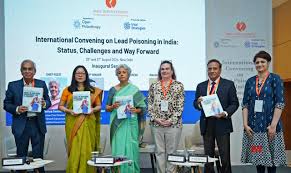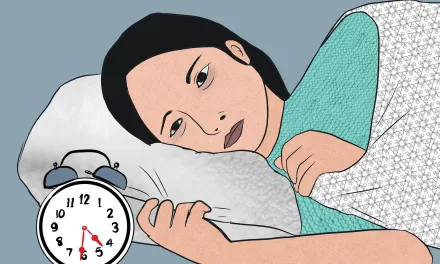New Delhi, August 28, 2024 – Lead poisoning remains a critical yet underreported public health crisis in India, demanding urgent attention and a coordinated multisectoral response. This was the key message delivered by Dr. Soumya Swaminathan, former Chief Scientist at the World Health Organization (WHO) and current Principal Advisor for the Health Ministry’s tuberculosis program, during a panel discussion in New Delhi on Tuesday.
Speaking at an event organized by the Pahle India Foundation, Dr. Swaminathan highlighted the grave implications of lead exposure on India’s population, particularly its children. “About 80% of our health outcomes depend on factors outside the healthcare sector, such as housing, air quality, and sanitation,” she emphasized. “Addressing a complex health issue like lead poisoning requires a whole systems approach. It is not solely the responsibility of the Health Ministry but demands a multisectoral strategy involving various stakeholders.”
The severity of lead poisoning in India was underscored by data from a 2020 UNICEF report, which revealed that half of the country’s children have elevated blood lead levels. This alarming statistic translates to approximately 275 million children exceeding the WHO’s intervention threshold of 5 micrograms per deciliter, with 64.3 million surpassing 10 micrograms per deciliter. The consequences of such widespread exposure are dire; in 2019, lead exposure resulted in an average loss of 6.7 IQ points per affected child, culminating in an estimated $93 million loss to India’s GDP. Additionally, a 2023 study published in The Lancet reported that lead exposure contributed to over 1 million adult deaths from cardiovascular complications.
Dr. Indu Bhushan, Chair of the India Working Group on Lead Poisoning at the Pahle India Foundation, echoed the call for greater awareness and action. He cited a recent survey in Jharkhand, which revealed a worrying lack of awareness among doctors and health workers regarding lead poisoning. “Lead exposure is largely overlooked in India,” Dr. Bhushan stated. “We need a comprehensive plan that will set us on the path to eradicating lead poisoning in the country.”
The panel also saw the launch of several research reports aimed at identifying gaps in India’s legal frameworks and proposing actionable recommendations for policymakers. These reports seek to provide a roadmap for stakeholders committed to eradicating lead poisoning, focusing on the need for stringent regulations and effective enforcement.
As India grapples with the widespread impact of lead exposure, the call for a coordinated, multisectoral approach grows louder. The insights shared at the Pahle India Foundation event underscore the urgent need for collaboration across sectors to protect future generations from the devastating effects of lead poisoning.











